Google AdSense remains a prime monetization platform for website owners, bloggers, and YouTube creators seeking to earn revenue from their digital content. However, navigating its program policies correctly is crucial to maintaining a compliant account and ensuring ongoing payments. Violating AdSense policies can lead to penalties ranging from reduced earnings to permanent account suspension.
This comprehensive guide explores the essential AdSense program policies you need to understand in 2025. Adhering to these guidelines not only safeguards your account but also optimizes your monetization potential.
Overview of Google AdSense Program Policies
Google AdSense policies are designed to maintain a healthy advertising ecosystem for advertisers, publishers, and users. They cover content quality, ad behavior, traffic sources, copyright compliance, and more. These policies evolve regularly, and staying updated on changes is vital.
Key policy areas include:
-
Content Guidelines: Rules about acceptable and prohibited content types.
-
Ad Placement Policies: Where and how ads can appear on your site or videos.
-
Traffic Acquisition: Legitimate ways to generate traffic.
-
Clicking Behavior: Prohibitions against invalid clicks or artificial traffic.
-
Copyright Compliance: Respecting intellectual property rights.
-
Account Setup and Management: Eligibility criteria and account security.
Content Policies: What Can and Cannot Be Monetized
Google maintains strict regulations around the type of content eligible for AdSense:
Acceptable Content
-
Original, valuable content that serves visitors.
-
Informative articles, blogs, tutorials, and engaging videos.
-
Content that complies with local laws and respects user safety.
Prohibited Content
-
Adult, violent, hateful, or harmful content.
-
Content promoting illegal activities or substances.
-
Copyright-infringing or plagiarized material.
-
Content that misleads or defrauds users.
Ensuring your site or channel content adheres to these norms is foundational to success with AdSense.
Ad Placement and Behavior Policies
Google enforces rules on where ads can be placed to maintain user experience and prevent accidental clicks:
-
Ads must not be placed where they interfere with navigation or user interaction.
-
Pop-ups or ads that obscure content are disallowed.
-
Publishers should avoid placing ads too close together or near clickable elements.
-
Encouraging users to click ads or clicking on your ads yourself is strictly forbidden.
Violating placement policies risks invalid click activity, leading to revenue withholding or account suspension.
Traffic Quality and Sources
Traffic quality directly impacts earnings and account health. AdSense policies require:
-
Traffic should be organic or legitimately obtained through permitted methods like SEO, social media, and email marketing.
-
Paid-to-click schemes, automated traffic, or incentivized clicks are banned.
-
Any artificial behavior to inflate impressions or clicks, such as bots and click farms, is prohibited.
Focusing on genuine, high-quality traffic is essential to maintain a compliant AdSense account and maximize revenue.
Invalid Clicks and Click Fraud Prevention
Google uses advanced systems to detect invalid clicks, which include clicks generated artificially or by publishers on their own ads:
-
Publishers should never click their own ads or encourage friends/family to do so.
-
Monitoring your AdSense reports for unusual traffic patterns can help detect and address suspicious activity early.
-
Violations can result in payment holds, account warnings, or permanent bans.
Copyright and Intellectual Property Compliance
AdSense publishers must respect copyrights and trademarks:
-
Avoid posting content that infringes on third-party copyrights.
-
Use original or licensed media and properly attribute sources when required.
-
Google takes copyright complaints seriously and enforces swift action on violations.
Proper content sourcing protects your account and strengthens your reputation.
Account Security and Setup Requirements
To participate in AdSense, publishers must:
-
Have a valid mailing address and be compliant with local tax laws.
-
Maintain a single account per individual or entity unless managing multiple sites under approved conditions.
-
Secure accounts with strong passwords and two-factor authentication (2FA) where possible.
Account integrity is critical for uninterrupted earnings and compliance.
Tips to Stay Updated and Compliant in 2025
-
Regularly review Google’s AdSense Program Policies to stay informed of updates.
-
Perform routine content audits to ensure policy adherence.
-
Use Google’s policy violation alerts and account notifications proactively.
-
Invest in quality content creation and ethical traffic generation methods.
-
Seek professional advice or support forums if unsure about policy interpretations.
Read More: Free Website & App Ad Revenue Calculator: How to Estimate Your Earnings in 2025
Conclusion
Understanding and following Google AdSense program policies constitutes the foundation for long-term monetization success in 2025. Compliance not only protects your account from penalties but also fosters a trustworthy environment for advertisers and users, contributing to sustainable revenue growth.
For detailed policy information and official guidance, always refer to the comprehensive Google AdSense program policies. By aligning your practices with these guidelines, you safeguard your earnings and position yourself for ongoing monetization success.


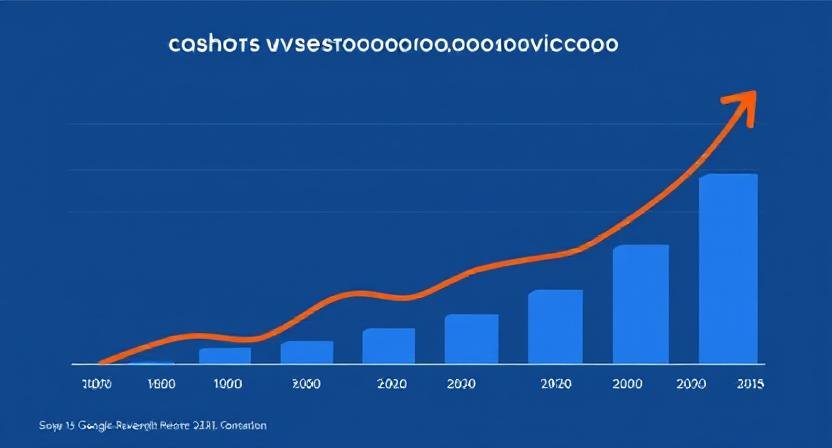
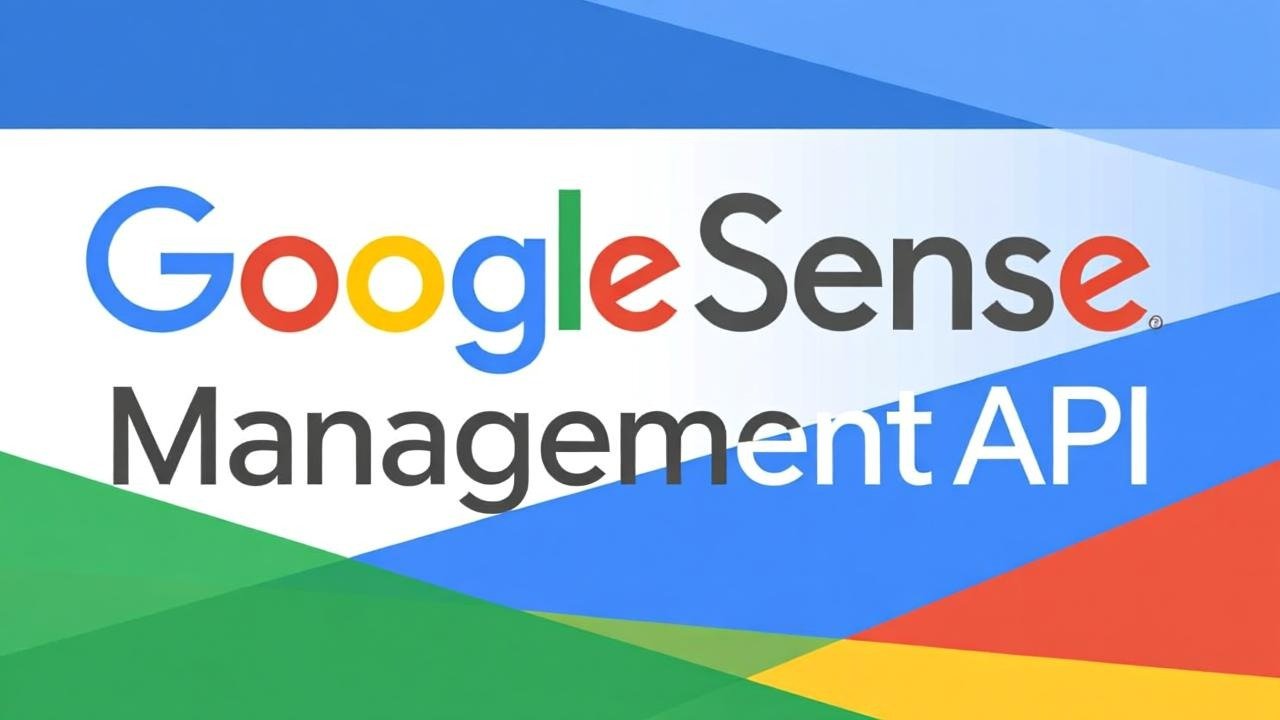




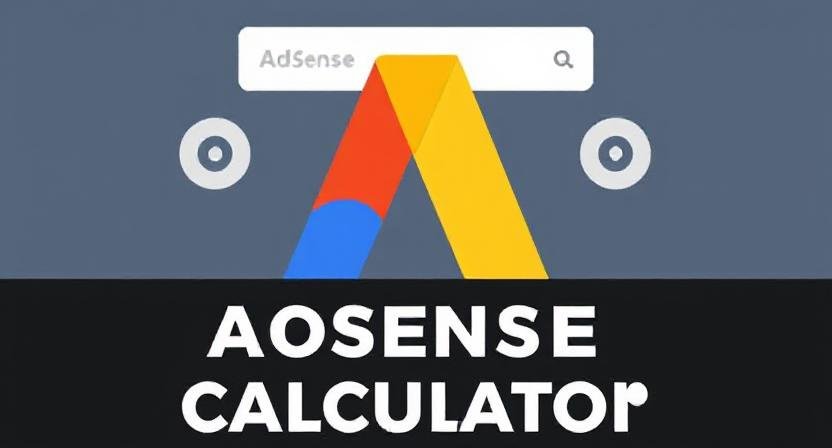
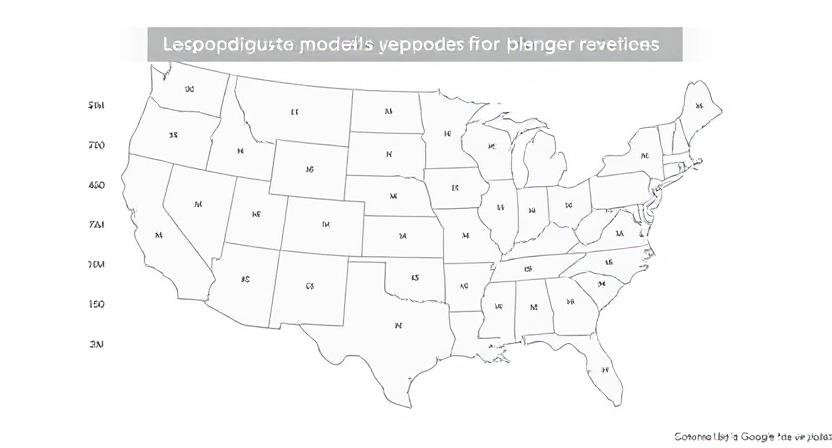
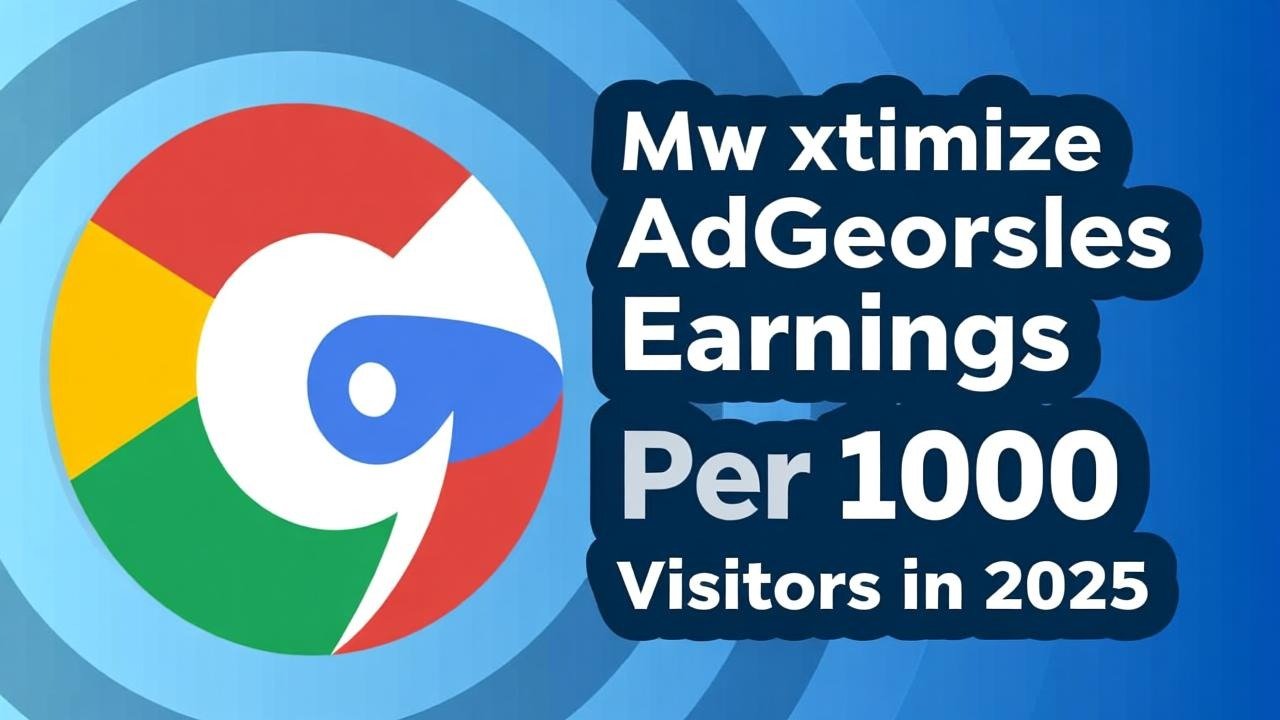
1 thought on “AdSense Program Policies: Key Guidelines for Monetization Success in 2025”